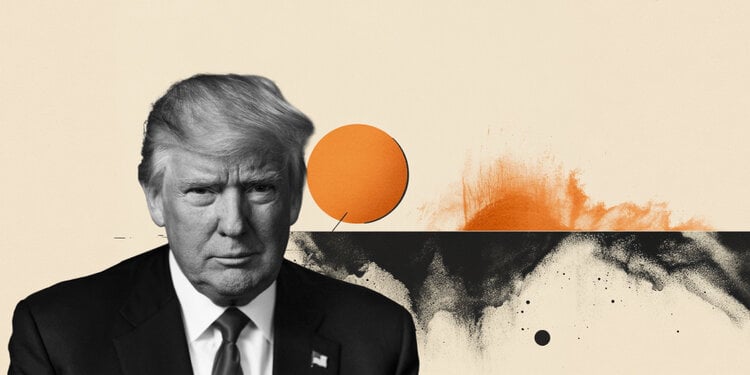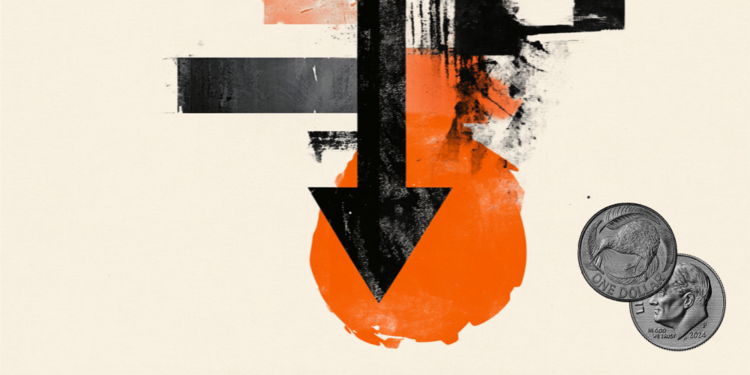What was once one of Europe’s most beautiful and prosperous capitals has been transformed over weeks of Russian aggression into a spooky ghost town. Monuments to Kiev’s founders and notable Ukrainian cultural leaders were boarded up to protect them from destruction.
In front of Kiev’s Taras Shevchenko National University, a statue of its namesake Ukrainian poet is completely hidden behind protective scaffolding. Meanwhile, the university’s redbrick building is protected by sandbags and armed guards, with not a single professor or student in sight.
Usually under Shevchenko’s gaze, especially at this time of year, students can be seen in the park socializing or swarming for classes.
Even if life is slowly returning to Kiev, it will likely be months before it is anything like normal. Whether it’s the capital, which looks like a city in an induced coma – or the bombed cities of Bucha and Borodyanka, which are now mass crime scenes – it’s clear that the so-called scathing Western sanctions have not been able to stop Putin’s onslaught.
Until Ukraine receives the advanced weaponry it has asked for, this deliberate destruction of the country – including many of its precious cultural and religious icons – will continue.
The key will be to guide a failed Western appeasement policy to meet Putin’s aggression with a much more robust military response. This includes giving Ukrainians the ability to protect their own skies with anti-missile batteries.
Even here in Kiev, in north-central Ukraine, there are daily reminders of the far-reaching Russian aggression, with frequent airstrike sirens sending the few remaining residents to air-raid shelters.
As long as Moscow has the ability to send deadly long-range cruise missiles anywhere on Ukrainian territory, no city or village can be declared safe.
With just over a month into the war, the horrors committed by Russian troops in Kiev and elsewhere have shocked the world and marked a dark new chapter in Vladimir Putin’s invasion.
“Russian soldiers raped me and killed my husband,” one woman told BBC reporters. Clarissa Ward, from CNNreported on two villages that had been occupied by Russians for more than a month and found “endless reports of horror, executions, arbitrary arrests and more”.
There are more horrific reports of hundreds of women and children being taken to Russia against their will. These people are allegedly taken to “filtering camps” where they are identified, presumably in an attempt to stop them from revealing the truth about the atrocities they witnessed at the hands of Russian soldiers.
As if the atrocities in Bucha and other communities around Kiev weren’t enough, a missile attack on a crowded train station in eastern Ukraine last week killed at least 50 people, including five children. On the remains of one of the missiles was a spray-painted message that read grotesquely: “For children.”
Unfortunately, more carnage stories are likely to follow. Putin appointed in charge of the new phase of the war a general with a record of inflicting even more brutality (if that is even possible) – Aleksandr Dvornikov, who became known as the “butcher of Syria”.
With each passing day, it seems that the discoveries of the brutal Russian occupation reach the absolute limits of human understanding and tolerance. And yet, more atrocities arise – prompting the predictable narrative of outrage from Western leaders that fails to provide Ukraine with what it needs to end Putin’s savagery.
It bears repeating that Ukrainians have lived with hybrid warfare since 2014, when Russia illegally annexed Crimea and invaded Donbas with heavily armed separatists. Some Ukrainians tell me they are not surprised at what the Russians are capable of.
Throughout 2014 and 2015, I saw with my own eyes evidence of Russian brutality – villages completely looted, schools and cultural and religious complexes destroyed. The corpses of entire families in the Donetsk camps after the MH17 plane was hit by a Russian BUK missile on July 17, 2014 was a sickening scene eternally etched in my mind.
But each of Putin’s escalations that are not met by direct Western force only serves to encourage him further. Sanctions are clearly not effective. Will the complete annihilation of Ukraine be necessary before Western leaders finally say enough is enough and take direct action?
In the meantime, we are left with half-measures, with the Biden administration ceasing to give Ukraine the weapons it needs. (The White House says the US and NATO are supplying Kiev with weapons at a historic pace.) It may be “historic”, but it failed to get Putin off course.
As the West hesitates over where to draw its own red lines when it comes to Russian atrocities in Ukraine, a behind-the-scenes geopolitical ballet is unfolding between Ukraine and like-minded neighbors, crafting their own micro-alliances and military deals.
Kiev is expected to forge deals with neighboring NATO members and potential members who rightfully find themselves in the crosshairs of Putin’s missile launchers. Slovakia, for example, is preparing to transfer key Soviet-era missile defense systems to Ukraine, with the expectation that its stockpile will be filled by Western partners. Why this has not been done earlier by the US and its allies is difficult to understand.
For now, it appears that Russia is refocusing its efforts to expand its presence in the Donbas, taking over the government-controlled eastern areas of Donetsk and Luhansk.
Massive efforts will be expended to further protect the coveted land corridor linking mainland Russia to occupied Crimea. Part of that latest effort will be to drive the despised far-right Azov Battalion from the besieged city of Mariupol, mostly flattening it with relentless bombing.
Some experts have suggested that Putin aims to achieve measurable gains in Ukraine in time for the May 9 Victory Day parade in Moscow. The thought of countless lives being butchered so that Putin can meet his deadline is almost too grotesque to contemplate.
In the meantime, Ukrainians will likely get tired of waiting to see where the West’s red lines are when it comes to brutality in this war. While the UK has said that the Russian side’s use of chemical weapons will mean that “all options are on the table”, this kind of language is starting to be taken here as little more than a sign of virtue.
It’s time for world leaders standing for selfies with Ukrainian President Volodymyr Zelensky in Kiev to back with real action against Putin’s murder machine.
Michael Bociurkiw is a diplomatic relations analyst. He is a senior member of the Atlantic Council and a former spokesperson for the Organization for Security and Cooperation in Europe. The opinions expressed in this commentary are those of Bociurkiw.
Source: CNN Brasil
I’m James Harper, a highly experienced and accomplished news writer for World Stock Market. I have been writing in the Politics section of the website for over five years, providing readers with up-to-date and insightful information about current events in politics. My work is widely read and respected by many industry professionals as well as laymen.







